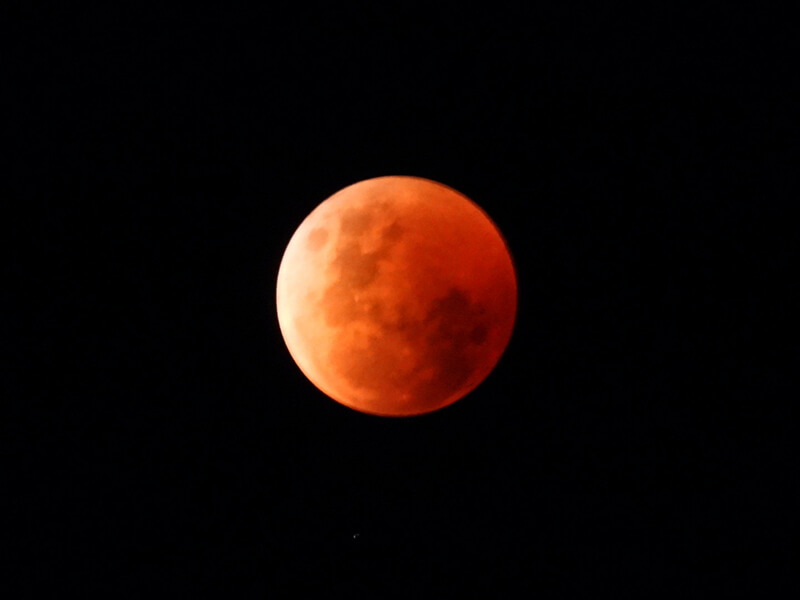On Tuesday, 8th November, we witnessed a total lunar eclipse and a blood moon. The moon has, for thousands of years, represented the Divine Feminine, the Goddess. Ancient cultures worshipped the Great Mother and many of their rituals and pagan festivals took place at night during the different cycles of the moon.
Since the development of Christianity and other organised religions, darkness has been portrayed as something negative or even sinister. Based on these fears and prejudice, an uneasiness developed about the time every month when there is no moon visible, known as the dark of the moon. However, ancient cultures considered the energy of the dark moon to be of great inner wisdom and an opportunity to connect with the source of everything. Darkness was not something to be feared but an inevitable part of the cycle of life and, without it, no balance.
The simple but profound and loving teachings of Jesus were, over time, manipulated by some church leaders who saw religion as a way to gain power and control over the hearts and minds of men and women. As darkness was seen as dangerous and, in some way, sinful, anyone who embraced darkness as part of their spiritual practices began to be persecuted and were seen as aligning themselves with the devil. In the same vein, what was considered acceptable behaviour in women was all associated with the lighter side of feminine energy – nurturing, forgiving, purity and gentleness. Creativity, passion, power, sexuality and speaking one’s mind were considered to be the dark side of feminine energy and these traits were actively discouraged and even feared.
In modern day society, darkness continues to have negative connotations. We refer to people going through difficult times as being in a dark place. Film and TV industries have forever fostered the idea of light and dark as good and evil.
There is mystery in darkness, an unknown, where we can’t see; either literally or metaphorically. But it’s also an opportunity to go within and access our innate creativity. The hours in the middle of the night are often a difficult time for those with insomnia or depression (Spike Milligan said, “God created night and man created darkness”), but it’s also a time when we can choose to be closest to our inner self, our intuition and Spirit Guides and ask for guidance and support.
It is part of our make up now to associate darkness with sadness or tough times but even if we find it impossible to feel grateful in those moments, it’s these times that help us to evolve and become more conscious of the divine nature of the dark and its equal importance to the light.


Thank you , this really resonated with me !
Thanks for reading our blog, Lindsey. Glad it resonated xx